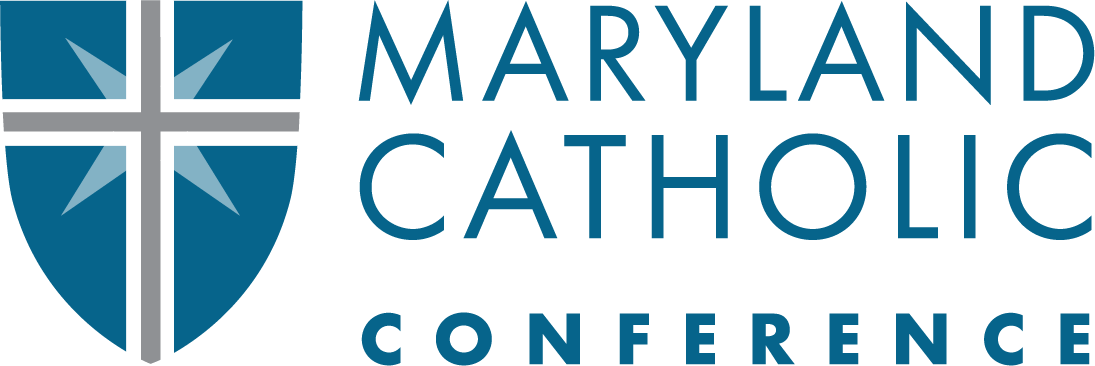Unfavorable
Committee: Ways & Means
HB1189
The Maryland Catholic Conference offers this testimony in opposition to House Bill 1189. The Catholic Conference is the public policy representative of the three (arch)dioceses serving Maryland, which together encompass over one million Marylanders. Statewide, their parishes, schools, hospitals and numerous charities combine to form our state’s second largest social service provider network, behind only our state government.
The MCC opposes HB 1189, which would allow the Mayor and City Council of Baltimore City to establish a special subclass of real property owned by nonprofits that are deemed to no longer be used for their original purpose and to impose a special property tax rate on such properties.
This legislation is deeply problematic for several reasons. First, as nonprofit missions often evolve over time, any nonprofit organizations adapt to meet the changing needs of the communities they serve. A church may establish a school, a community center may expand to offer housing assistance, or a historic preservation group may open its space for educational programs. This bill risks penalizing nonprofits for responding dynamically to societal challenges.
This bill also breeds uncertainty and potential administrative burden on nonprofits and charities. Determining whether a nonprofit property is still used for its original purpose would create significant administrative burdens and legal disputes. Nonprofits could face costly and time-consuming challenges to prove they are still operating within their mission, diverting critical resources away from serving the public.
Additionally, this bill is likely redundant, as existing protections are already in place. Under current Maryland law, nonprofit properties must already be used exclusively for nonprofit purposes to qualify for a tax exemption. This ensures that properties are not being misused or held for private gain. The proposed legislation is unnecessary and redundant, adding layers of bureaucracy without clear public benefit.
Lastly, this bill poses risk to community services provided to vulnerable neighborhoods or underserved populations. Many nonprofits operate on limited budgets, and imposing additional tax burdens could force some to reduce or eliminate programs, sell property, or even close their doors. The result would be fewer services for Baltimore’s most vulnerable residents.
It is for these reasons that we urge you to OPPOSE HB 1189 and instead support policies that strengthen, rather than undermine, the vital work of Baltimore’s nonprofit community. Thank you for your consideration.
